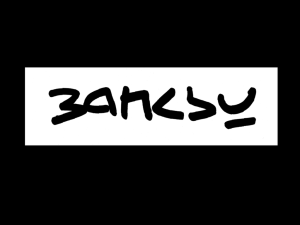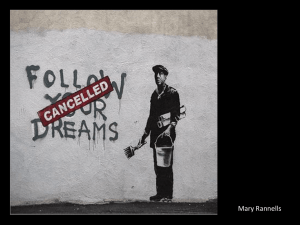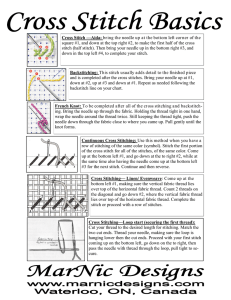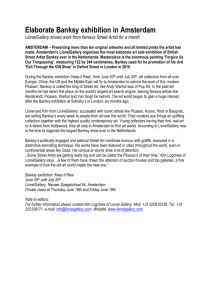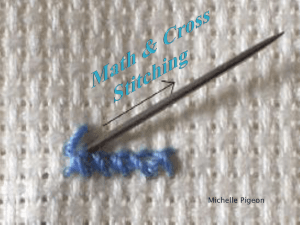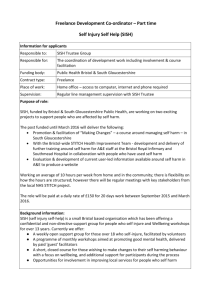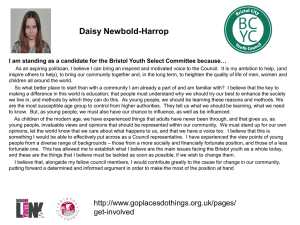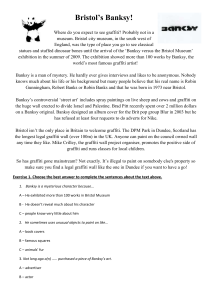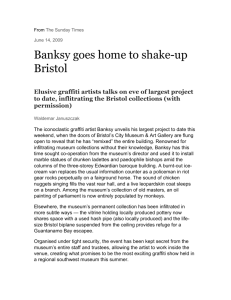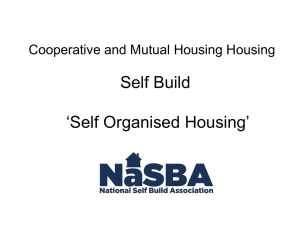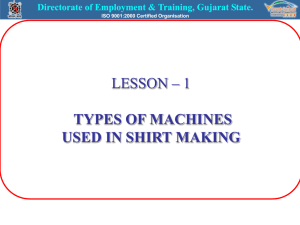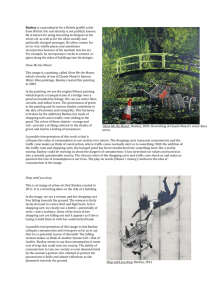Year 8 Graffiti Cushion - North Birmingham Academy
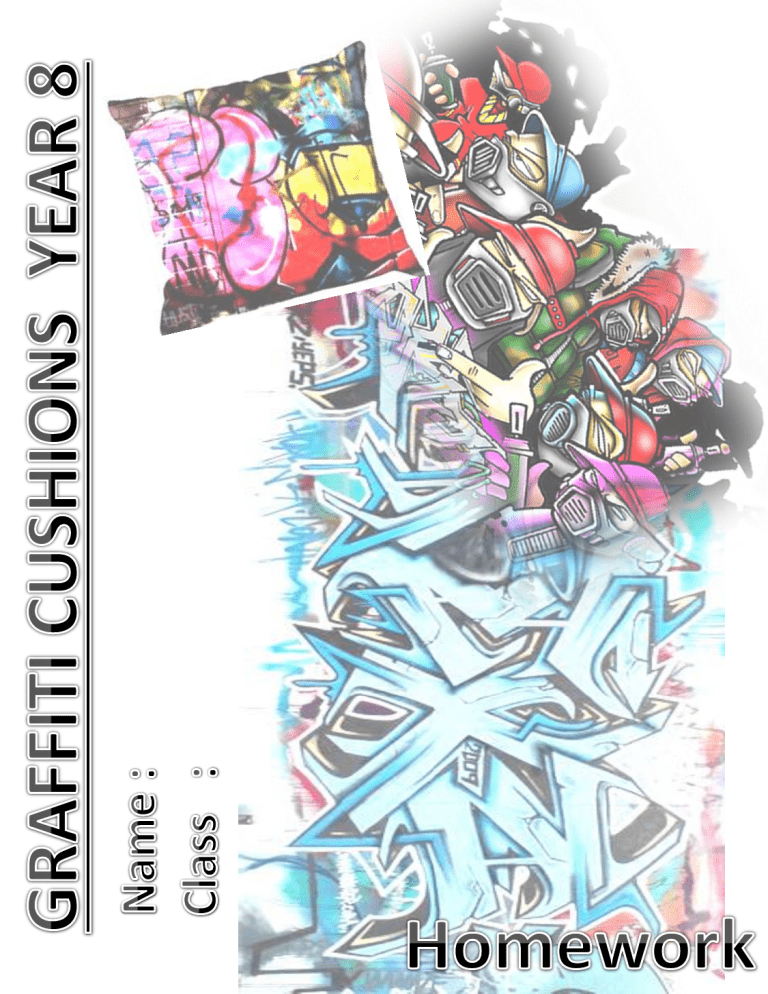
Collect a range of images depending on what images you want on your bag. These will be your inspiration.
Collect a range of images of different cushions to give you an idea of what products are available.
Product Analysis
How well is it made?
What is it made from?
What is its function?
Does it do its job?
Is it safe?
Why?
Is it strong?
Why?
Describe the product
Research an existing cushion, glue it in this box and answer the questions around the box about your cushion.
Describe the shape, size, pattern, colour?
What type of product is it?
Does it look and feel good?
Who is it for?
Who is the intended buyer?
Do you like it? What do you like about it and why?
Rules of the textile classroom!
Can you match up the rules of the textile classroom?
Place bags under table so that
Try not to hold scissors
Always ask the teacher
Always mop up spillages so that nobody
If you have an accident
Only person at a time should be
Make sure you read instructions
Tape measures are made from material that will not
Fabric scissors should never be used to
Pinking shears cut with a serrated edge.
If you need to, hold them face down by the blades
Before you use the iron
Slips and hurts themselves
Before you use equipment or goods
Using the sewing machine
Nobody trips over them whilst walking round the classroom
Cut paper because this will blunt them
Stretch so that measurements are always correct
They are used to stop the edges of material from fraying
Always tell your teacher straight away
Label the name with the action by writing the correct name under the right box.
Stitch Length Dial
Take – Up – Lever
Thread Holder
Pattern Selector
Needle
Needle Clamp
Pressure Foot
Light Power Switch
Hand Wheel
Reverse Lever
Feed Dog
Plate
Alter this setting to change the length of the stitch that you need on your work.
This is a sharp – ended piece of metal that punctures the fabric allowing us to sew.
This changes the direction of the stitch allowing you to sew the opposite way and also stops your threads from coming undone.
This turns on a light at the side of the machine, reducing the strain on your eyes.
These are the small teeth under the pressure foot that move the fabric along.
This takes up the thread from the reel to get ready for the next stitch.
This is where you rest and manipulate the fabric when you are machining it.
You unscrew this component to replace the needle with a new one.
This is where you attach the thread to the machine so that it doesn't slip.
This allows you to switch between different types of stitches.
This holds the fabric in place when stitching so that it moves evenly and smoothly.
Allows you more control over the needle to do very precise stitching.
Born in Bristol in 1974
Before becoming an underground graffiti artist he was a trained butcher
Currently lives in Bristol.
Banksy creates his pieces of work using stencils. This was so that he could spray his works quickly without getting caught by the police.
More than 300,000 people visited the Banksy exhibition in
Bristol.
The Banksy Vs Bristol Museum exhibition saw people queuing for up to six hours to gain admission.
Visitors to the free show donated more than £45,000 towards museum funds - roughly the amount usually collected across an entire year.
On its last day people were queuing before dawn to see the exhibition.
Banksy charged Bristol City Council
£1 to stage the exhibition in his home town on condition all CCTV footage of him preparing the show was destroyed.
Banksy’s work has been seen on the streets of
Bristol, London, New
York and Birmingham!!!
Both Christina Aquilera and Kate Moss have pieces of his work.
Paying up to £50,000!!
Artist Name:
1) Fill the box with descriptive words to describe the work you are studying.
GLUE A
PICTURE OF
THE ARTISTS
WORK HERE!
4) What do you think about the work?
2) Facts about the artist.
DOB:
DOD:
Where they live(d):
Style of work (e.g. sculpture):
Shape
3) Write a description for the following words using the work of the Artist:
Colour
5) How do you think you will be inspired by the work?
Pattern
Themes: Texture
Style
